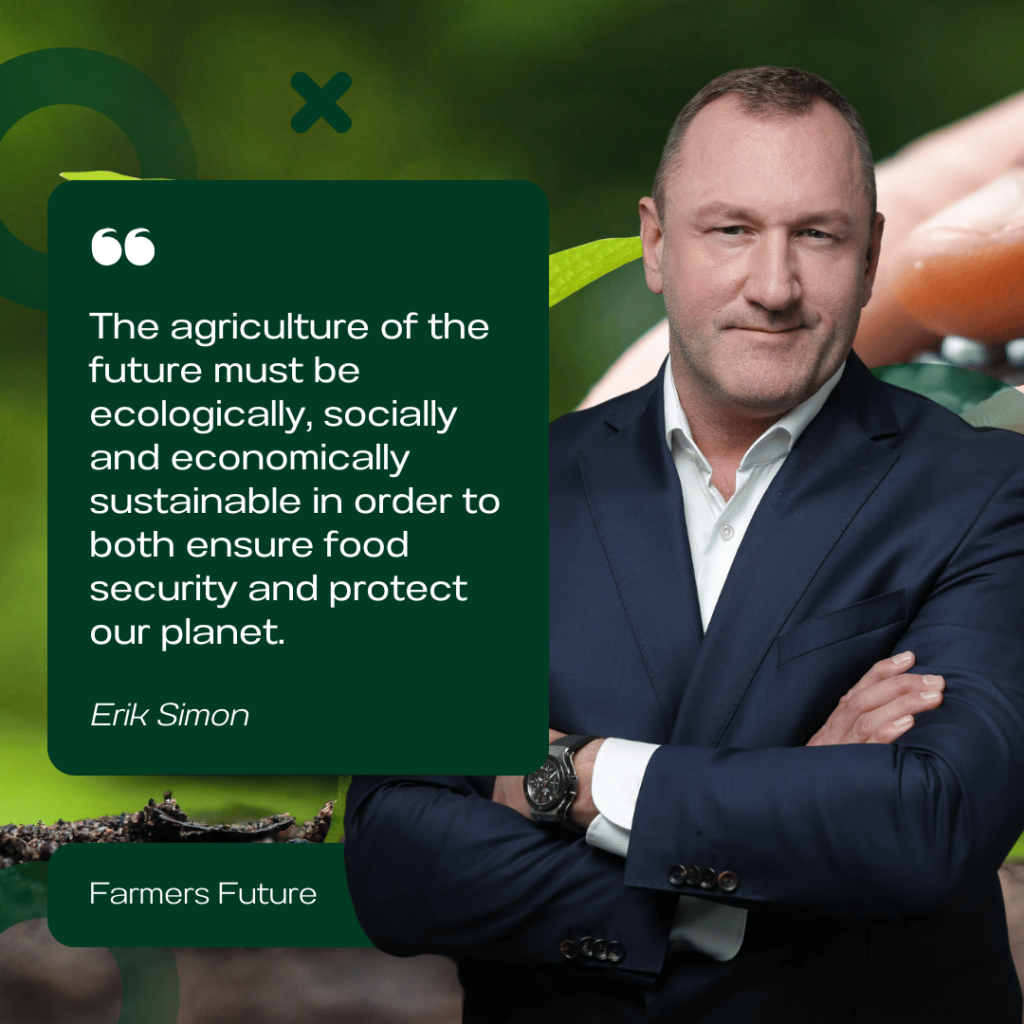By Erik Simon, CEO of Enhanced Finance Solutions Ltd. and Founder of the Farmers Future Project
Agriculture is undergoing a transformation. With the global population continuing to grow, climate change worsening, and finite resources becoming more constrained, we must rethink how we approach farming. At the heart of this change are three critical factors: environmental sustainability, social responsibility, and economic viability. Those who fail to act today risk jeopardizing the future of global food security. This transformation must encompass the structure of agricultural enterprises, financing mechanisms, and market dynamics.
Environmental Sustainability: The Key to a Resilient Future
Agriculture significantly impacts the environment. According to the FAO, agriculture accounts for approximately 25% of global greenhouse gas emissions. Intensive land use is destroying valuable ecosystems, biodiversity is declining, and soils are eroding. These trends must be reversed to secure the planet’s future.
A sustainable agricultural system relies on practices like agroforestry, permaculture, and regenerative farming. These approaches can design land use to not only produce food but also protect and improve ecosystems. Regenerative farming focuses on preserving and restoring soil fertility, biodiversity, and water resources. These methods offer both ecological and economic benefits: healthy soils store more carbon, resist erosion, and require fewer external fertilizers. In the European Union, 39% of agricultural land is already managed with low-input intensity, a promising trend.
However, it is not enough for these methods to remain niche. They must become the standard. Policy plays a crucial role here: subsidies and incentives must be restructured to reward sustainable practices, while conventional farming that harms the environment should become increasingly unattractive. Introducing stricter environmental protection standards, as the EU has proposed, is a critical step in this direction.

Social Responsibility: Agriculture’s Contribution to Society
While environmental sustainability often takes center stage, the social dimension of agriculture is frequently overlooked. For agriculture to be sustainable, it must also be socially responsible. By 2040, social agricultural models like “Social Care Farms” could play a central role by integrating farming with social services.
In the Netherlands, for example, the number of „green care farms“ grew by over 40% between 2009 and 2018. These farms not only produce ecological products but also offer services such as therapeutic work that contributes to society’s mental and physical well-being. These initiatives integrate agricultural activities into healthcare, offering individuals with mental or physical challenges a path to recovery through meaningful work in farming.
Social agriculture can create a win-win situation: on one hand, these farms contribute to societal health; on the other, they can achieve financial sustainability through close collaboration with the healthcare system and new funding models. In an aging society facing increasing mental health challenges and stress, this could become a vital part of a holistic healthcare system.
Economic Viability: Rethinking Agricultural Financing
Rethinking agriculture must extend beyond ecological and social innovation—it must also be economically sustainable. Farmers worldwide face immense pressures: declining yields due to climate change, rising input costs, and limited land resources make profitability increasingly difficult. At the same time, many farmers contend with volatile markets, constantly grappling with fluctuating prices and demands from wholesalers and supermarkets.
A future-proof agricultural system requires innovative financing models. Traditional subsidy systems, such as those in the EU or the US, are insufficient to finance the necessary transformation. One potential solution is the “Farm-as-a-Service” model, where farmers outsource certain services, such as management or production, allowing them to focus on areas they excel in. This flexibility reduces costs while integrating innovative business models.
To support sustainable agriculture, we must develop new pathways to attract investment. Green bonds, for example, could finance eco-friendly projects in agriculture, providing much-needed capital for technological advancements and sustainable practices.
The Urgency of Action
Why must society act now? The answer is simple: the changes needed to build sustainable agriculture take time. Technologies like precision farming, the transition to agroecological models, and the development of new financing structures require extensive investments and a fundamental overhaul of existing systems. If we fail to act today, we risk a collapse of global food systems within decades. Reports already indicate that approximately 60% of agricultural land worldwide is degraded, threatening yields and reducing agriculture’s resilience to climate change.
The responsibility for this transformation lies with all of us. Consumers must support the shift toward sustainable products through conscious purchasing decisions. Governments must create incentives to accelerate the transition to sustainable farming. Businesses must rethink their models to ensure agriculture’s long-term viability.
It is a race against time. But if we act together—as farmers, consumers, and decision-makers—we can shape a future where agriculture not only feeds humanity but also heals our planet.
The time to act is now. If we delay, we risk not only the future of agriculture but the future of humanity itself.
Erik Simon
CEO of Enhanced Finance Solutions Ltd.
Founder of the Farmers Future Project
About Enhanced Finance Solutions CY Ltd.:
Erik Simon is an accomplished expert in the banking and economic sector with global experience. After completing his training as an insurance clerk and pursuing part-time economics studies at the University of St. Gallen, he specialized in accreditation and alternative financing at Bear Stearns in London. Today, he serves as the CEO of Enhanced Finance Solutions Ltd., where he focuses on providing independent and qualified consulting to countries and institutions to achieve sustainable improvements through the restructuring of financial systems.
About Farmers Future:
Farmers Future is an innovative project dedicated to combining sustainability and profitability in agriculture. Farmers Future offers individuals the unique opportunity to partner in various sustainable agricultural projects and benefit from sales revenues. The goal is to promote eco-friendly farming methods and directly involve partners in the value chain, contributing positively to agriculture’s future. Transparency, sustainability, and shared success are at the heart of Farmers Future’s actions.
Contact Information:
ENHANCED FINANCE SOLUTIONS CY LTD
Nikos Nikolaidis 19, Office 201-202
8010 Paphos, Cyprus
Phone: +35797786080
Email: info@farmers-future.net
Web: https://farmers-future.net
